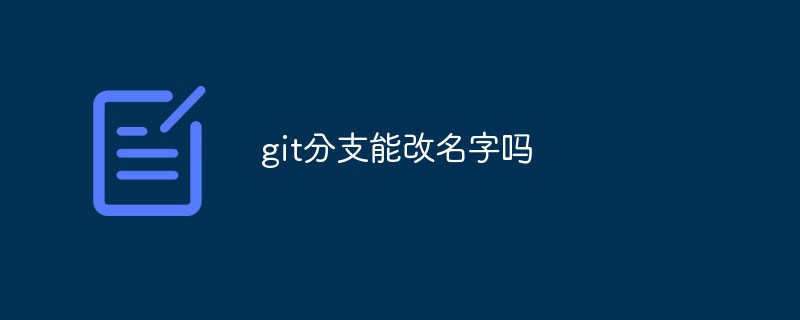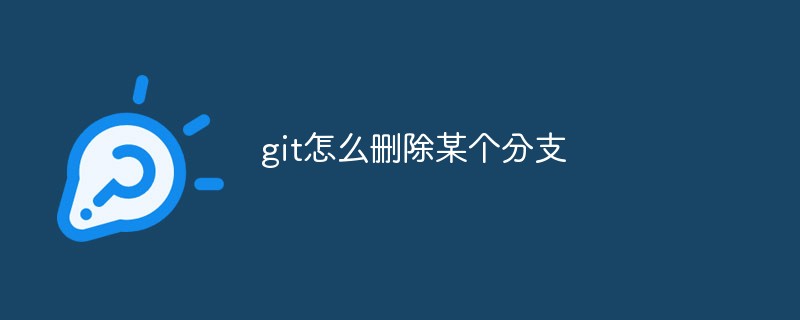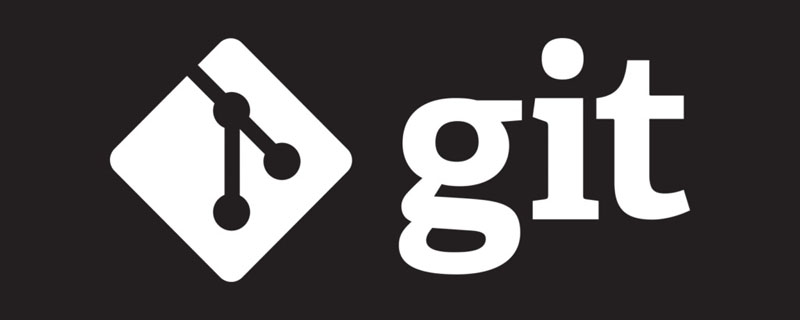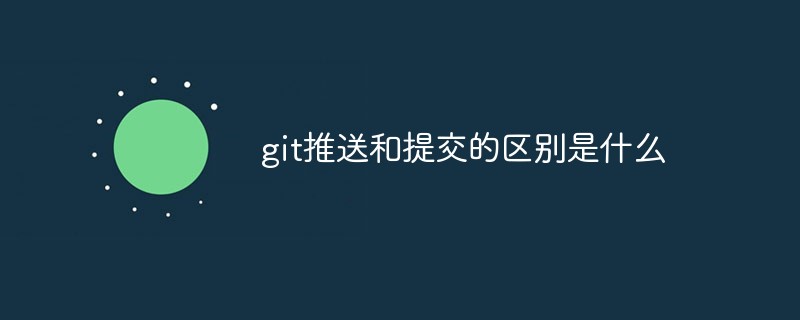To avoid code duplication in Go functions, you can use the following methods: Use inline functions: embed the function body into the function call and reduce the number of lines of code. Use anonymous functions: Define functions without a name that can be executed immediately or passed to other functions without naming and calling. Create an extension library: encapsulate common logic and import the same code block into multiple functions to achieve code reuse.

How to avoid code duplication within Go functions
Introduction
When writing When writing Go code, you may encounter code duplication, which can lead to code that is difficult to maintain and error-prone. To avoid code duplication, you can use several features provided by Go.
Using inline functions
Inline functions allow you to embed the body of a function within a call to another function. This eliminates the need to create separate functions, thereby reducing lines of code and potential errors.
func main() {
fmt.Println(sum(1, 2))
}
func sum(a, b int) int {
return a + b
}Using Anonymous Functions
Anonymous functions allow you to define a function without a name that can be executed immediately or passed to another function. This eliminates the need to name the function and call it.
func main() {
fmt.Println(func(a, b int) int { return a + b }(1, 2))
}Create your own extension library
If you often use the same block of code for multiple functions, you may consider creating your own extension library and importing it in your program. This helps encapsulate common logic and simplify code.
// utils.go
package utils
import "fmt"
// Sum returns the sum of two integers.
func Sum(a, b int) int {
return a + b
}
// main.go
package main
import "github.com/username/customlib/utils"
func main() {
fmt.Println(utils.Sum(1, 2))
}Practical Case
Suppose you have a function that needs to perform multiple operations on the input string, such as trimming, uppercase and lowercase conversion. You don't want to split these operations into separate functions, but you want to avoid code duplication.
You can use an anonymous function to avoid this situation:
func formatString(s string) string {
f := func(op string) string {
switch op {
case "trim":
return strings.TrimSpace(s)
case "upper":
return strings.ToUpper(s)
case "lower":
return strings.ToLower(s)
default:
return s
}
}
return f("trim") + f("upper") + f("lower")
}This function can be called as follows:
s := " Hello, World! " fmt.Println(formatString(s)) // 输出: // HELLO, WORLD!hello, world!
The above is the detailed content of How to avoid code duplication within Golang functions?. For more information, please follow other related articles on the PHP Chinese website!
 Golang函数的参数默认值应用技巧May 15, 2023 pm 11:54 PM
Golang函数的参数默认值应用技巧May 15, 2023 pm 11:54 PMGolang是一门现代化的编程语言,拥有很多独特且强大的功能。其中之一就是函数参数的默认值应用技巧。本文将深入探讨如何使用这一技巧,以及如何优化代码。一、什么是函数参数默认值?函数参数默认值是指定义函数时为其参数设置默认值,这样在函数调用时,如果没有给参数传递值,则会使用默认值作为参数值。下面是一个简单的例子:funcmyFunction(namestr
 git分支能改名字吗Jun 16, 2022 pm 05:55 PM
git分支能改名字吗Jun 16, 2022 pm 05:55 PMgit分支能改名字。改名方法:1、利用git中的branch命令修改本地分支的名称,语法为“git branch -m 旧名字 新名字”;2、利用“git push origin 新名字”命令,在删除远程分支之后将改名后的本地分支推送到远程;3、利用IDEA直接操作修改分支名称即可。
 git怎么删除某个分支Jun 24, 2022 am 11:11 AM
git怎么删除某个分支Jun 24, 2022 am 11:11 AMgit删除某个分支的方法:1、利用“git branch --delete dev”命令删除本地分支;2、利用“git push origin --delete branch”命令删除远程分支;3、利用“git branch --delete --remotes”命令删除追踪分支。
 Golang函数的反射和类型断言的应用和底层实现May 16, 2023 pm 12:01 PM
Golang函数的反射和类型断言的应用和底层实现May 16, 2023 pm 12:01 PMGolang函数的反射和类型断言的应用和底层实现在Golang编程中,函数的反射和类型断言是两个非常重要的概念。函数的反射可以让我们在运行时动态的调用函数,而类型断言则可以帮助我们在处理接口类型时进行类型转换操作。本文将深入讨论这两个概念的应用以及他们的底层实现原理。一、函数的反射函数的反射是指在程序运行时获取函数的具体信息,比如函数名、参数个数、参数类型等
 详解Golang函数中的变量作用域Jan 18, 2024 am 08:51 AM
详解Golang函数中的变量作用域Jan 18, 2024 am 08:51 AMGolang函数中的变量作用域详解在Golang中,变量的作用域指的是变量的可访问范围。了解变量的作用域对于代码的可读性和维护性非常重要。在本文中,我们将深入探讨Golang函数中的变量作用域,并提供具体的代码示例。在Golang中,变量的作用域可以分为全局作用域和局部作用域。全局作用域指的是在所有函数外部声明的变量,即在函数之外定义的变量。这些变量可以在整
 Golang函数的优雅退出和循环遍历跳出小技巧May 16, 2023 pm 09:40 PM
Golang函数的优雅退出和循环遍历跳出小技巧May 16, 2023 pm 09:40 PMGolang作为一门开发效率高、性能优异的编程语言,其强大的函数功能是其关键特性之一。在开发过程中,经常会遇到需要退出函数或循环遍历的情况。本文将介绍Golang函数的优雅退出和循环遍历跳出小技巧。一、函数的优雅退出在Golang编程中,有时候我们需要在函数中优雅地退出。这种情况通常是因为我们在函数中遇到了一些错误或者函数的执行结果与预期不符的情况。有以下两
 Git远程仓库(Github)知识点总结May 10, 2022 pm 06:23 PM
Git远程仓库(Github)知识点总结May 10, 2022 pm 06:23 PM本篇文章给大家带来关于git的相关知识,其中主要介绍了关于远程仓库的相关内容,Git并不像SVN那样有个中心服务器,下面看一下使用了Github作为远程仓库的一些问题,希望对大家有帮助。
 git推送和提交的区别是什么Jun 24, 2022 am 11:19 AM
git推送和提交的区别是什么Jun 24, 2022 am 11:19 AMgit推送和提交的区别:1、推送(push)指的是将本地仓库的代码推送至服务器,而提交(commit)指的是将本地的修改提交到本地库中;2、推送操作的是本地库,而提交操作的是远程库。


Hot AI Tools

Undresser.AI Undress
AI-powered app for creating realistic nude photos

AI Clothes Remover
Online AI tool for removing clothes from photos.

Undress AI Tool
Undress images for free

Clothoff.io
AI clothes remover

AI Hentai Generator
Generate AI Hentai for free.

Hot Article

Hot Tools

SublimeText3 English version
Recommended: Win version, supports code prompts!

VSCode Windows 64-bit Download
A free and powerful IDE editor launched by Microsoft

MantisBT
Mantis is an easy-to-deploy web-based defect tracking tool designed to aid in product defect tracking. It requires PHP, MySQL and a web server. Check out our demo and hosting services.

WebStorm Mac version
Useful JavaScript development tools

EditPlus Chinese cracked version
Small size, syntax highlighting, does not support code prompt function






